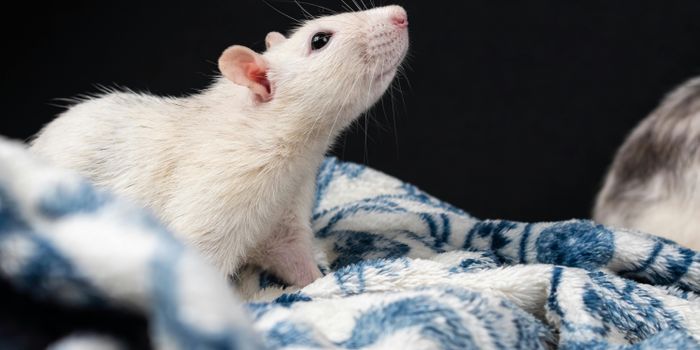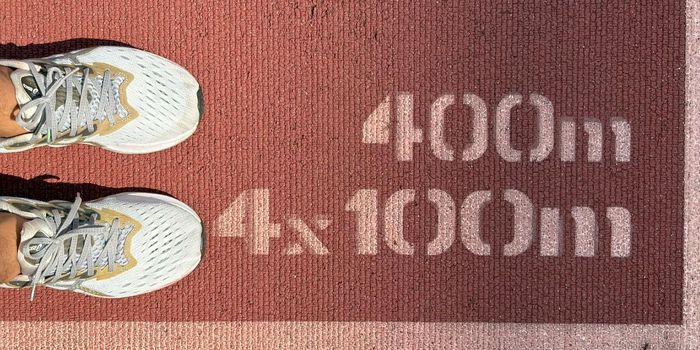Can Brain Stimulation Relieve Anorexia?
Anorexia nervosa is more than just a desire to lose weight and control eating. Individuals who suffer with this eating disorder have a deep fear of gaining weight and often develop an aversion to food. Theories are that it stems from a need to control something, when other factors in life are out of control, such as family or social life issues, work or trauma. The National Association of Anorexia Nervosa and Associated Disorders reports that anorexia is the third most common chronic illness among adolescents. Approximately 50% of patients with an eating disorder also meet the criteria for depression and that only one in ten people who have an eating disorder will seek or receive treatment for it.

A new study from King's College London has shown a reduction in core symptoms of anorexia (limiting food consumption and feeling overweight despite being thin) after only one session of a brain stimulation treatment that is non-invasive and causes no pain or discomfort to the patient. It was published March 23, 2016 in the journal PLOS One.
The technique,Repetitive Transcranial Magnetic Stimulation, or rTMS is already used in patients with depression and this new study is the first time a trial has been conducted with patients diagnosed with an eating disorder. Treatment for anorexia is not always successful and with so many cases of it, and so little success, researchers hope that this method can offer some hope to those struggling.
In a press release from King's College, Dr Jessica McClelland, Post-doctoral Researcher at the Institute of Psychiatry, Psychology & Neuroscience (IoPPN) and first author of the study, said, “With rTMS we targeted the dorsolateral prefrontal cortex, an area of the brain thought to be involved in some of the self-regulation difficulties associated with anorexia. This technique alters neural activity by delivering magnetic pulses to specific regions of the brain, which feels like a gentle tapping sensation on the side of the head. We found that one session of rTMS reduced the urge to restrict food intake, levels of feeling full and levels of feeling fat, as well as encouraging more prudent decision-making. Taken together, these findings suggest that brain stimulation may reduce symptoms of anorexia by improving cognitive control over compulsive features of the disorder.”
The study included 49 participants who were exposed to food and asked to make decisions both before and after undergoing rTMS, or in the case of a control group, a harmless placebo session of mock therapy. Patients reported their feelings and other symptoms at specific intervals, including before treatment, twenty minutes after and 24 hours after.
The food exposure portion of the study involved the participants watching a film of people consuming desirable snacks like chips and candy, which could provoke symptoms of anorexia. They were then asked to rate the appeal of those same foods that were displayed in front of them and describe whether or not they wanted some.
In the decision making portion of the trial they were asked to choose between a smaller amount of money they could have immediately, or larger amounts available at different times in the future.
The group who received actual rTMS therapy, more prudent decisions were made, such as waiting for a great reward at a later time. This group also reported feeling less anxious about the food film and the food that was present.
The team at the Eating Disorders Research Group at King’s College is now working on developing a larger study to see if extended treatment of up to twenty sessions of rTMS can be even more helpful in treating anorexia. For information on the larger study, please visit TIARA. Take a look at the video below which talks more about the study and what might be learned from expanding the research to larger numbers.








